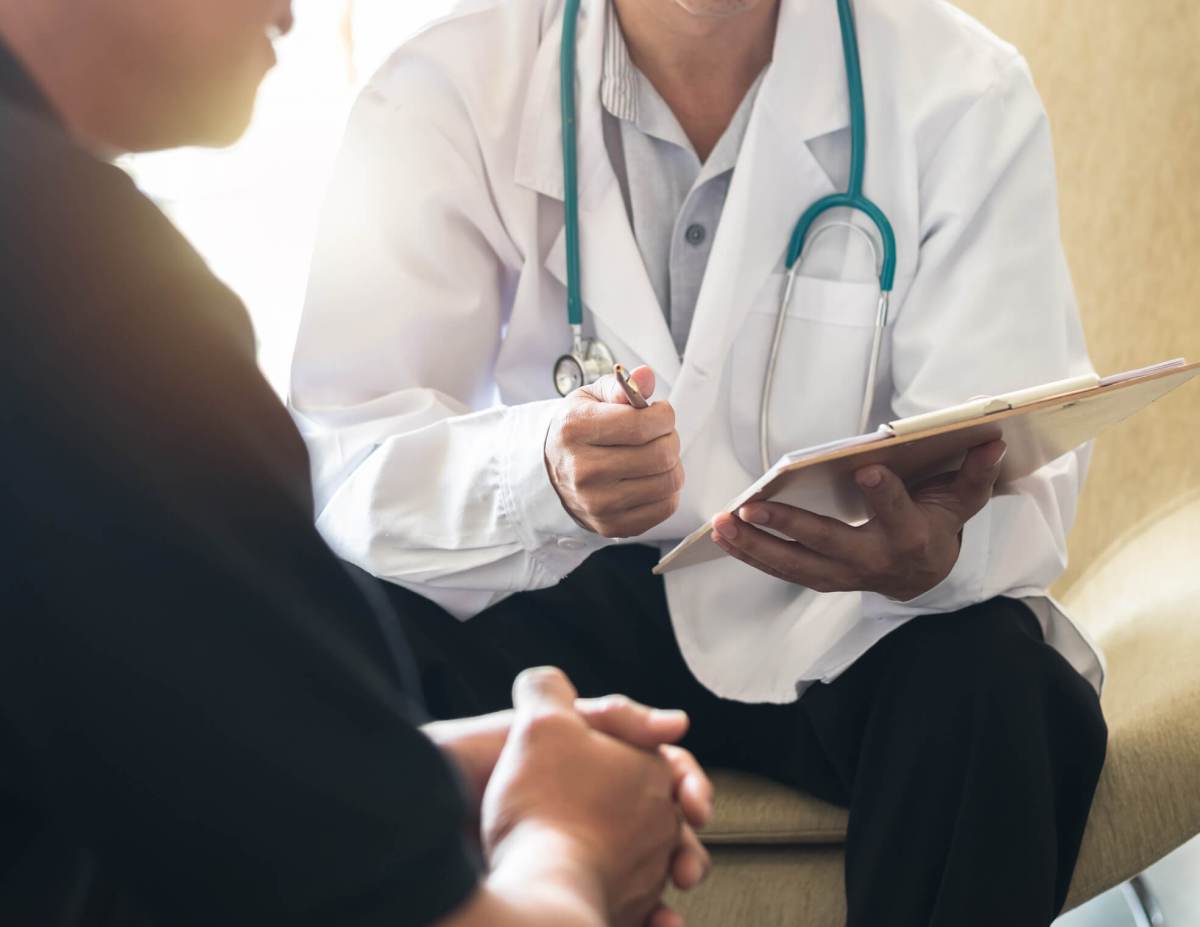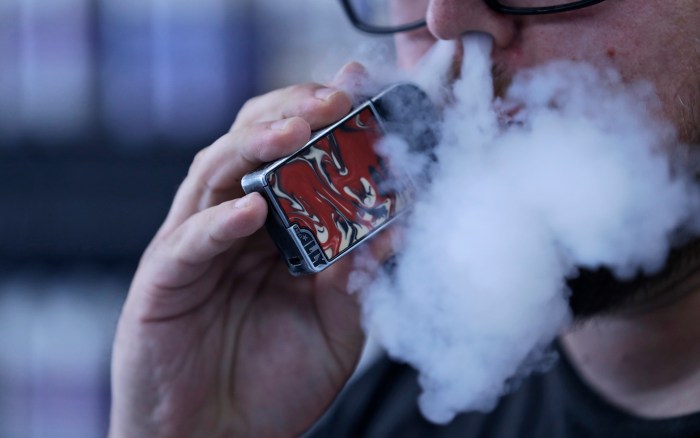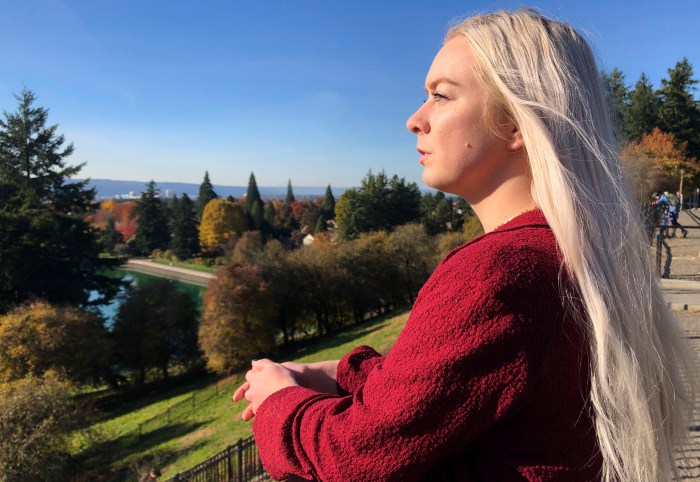Two years into a pandemic that hit low-income, vulnerable communities the hardest, glaring disparities in access to essential health services across New York State persist and, in many cases, have only intensified. Food and housing insecurity have reached peak levels. Unemployment remains higher than pre-COVID. Our healthcare system is still racing to keep up with the demands this unprecedented public health crisis has placed upon it.
This year marks a once-in-a-century opportunity for New York to make meaningful inroads in tackling these overlapping crises head on—and commit to a real push for equitable access to health services for all New Yorkers.
Not since the Great Depression has our state been the beneficiary of such significant federal funding to support key regional priorities. That money must go to our hospitals but just as importantly to the hundreds of community-based organizations, food banks, nursing homes, and schools that continue to be the backbone of a healthy recovery from Buffalo to Brooklyn.
Beyond the funding we need for critical maintenance and operations of our safety-net hospitals and wages to expand our healthcare workforce, we must invest robustly in all the nonprofit providers that address social determinants of health like access to nutritious food, housing, transportation, education, and a support system of family or friends.
As we at the Mother Cabrini Health Foundation selected our more than 450 new grants to support health programs for under-resourced New Yorkers in 2022, these were the recurrent themes we heard about the challenges our communities are facing. Of course, all these intersecting needs remain particularly acute amid the pandemic.
Those of us in the private and philanthropic sectors must work alongside existing government programs to complement and expand programs that support New Yorkers in need. We can also help provide a roadmap for health needs across the state based on what we hear from hundreds of providers on the ground.
In addition to $20 million in COVID emergency grants over the past year, our Foundation is providing $140 million in new funding to groups and programs that address the full range of urgent health needs across the state. Our focus is on New York’s most in need populations: low-income individuals and families; older adults; youth and young adults; persons with special needs; immigrants and migrant workers; veterans; formerly incarcerated individuals; and young children, pregnant women, and new moms.
Our commitment includes funding for groups doing essential work on behalf of vulnerable New Yorkers like Island Harvest Food Bank, which is expanding its network of food pantries on Long Island’s East End; Daystar Kids, which is launching a new pediatric care center in Rochester; the Mental Health Association of New York State to address youth services; the Safe Passage Project to provide general services for immigrants and migrant workers; and millions more to expand mobile primary care services to individuals with disabilities, support opportunities for formerly incarcerated individuals, and expanding support services for homeless veterans.
Recognizing that nearly all the significant health crises our state faces require long-term solutions, we’re also expanding to support a multi-year focus on advancing localized health equity. Working with community health groups and educational institutions across the state, we’re expanding the diversity of New York’s health workforce, expanding tele-health efforts in rural communities, and training healthcare providers to serve individuals with special needs appropriately and effectively.
We’re also funding nonprofits such as the Children’s Health Fund and YMCA of Greater New York that provide critical early childhood intervention services for children in poverty and rural communities. And we’re working with universities across New York to continue in our strategic commitment to funding programs that improve oral health access in underserved communities such as tele-dentistry and mobile dental vans.
Looking ahead, New York must rise to the challenge of health equity and improved access to critical health services for all New Yorkers. To succeed, we must support the providers that are on the front lines of this work in communities every day, and we must understand that we are dealing with a wide breadth of complex issues.
While there is no panacea, there has never been a more urgent moment to execute on a real commitment to healthy equity in New York. We must be strategic in pinpointing the most acute needs among vulnerable groups, and now is the time to act.
Msgr. Gregory Mustaciuolo is Chief Executive Officer of the Mother Cabrini Health Foundation, a private, nonprofit organization based in New York City and supporting programs throughout New York State. On Twitter @cabrinihealthNY.


































